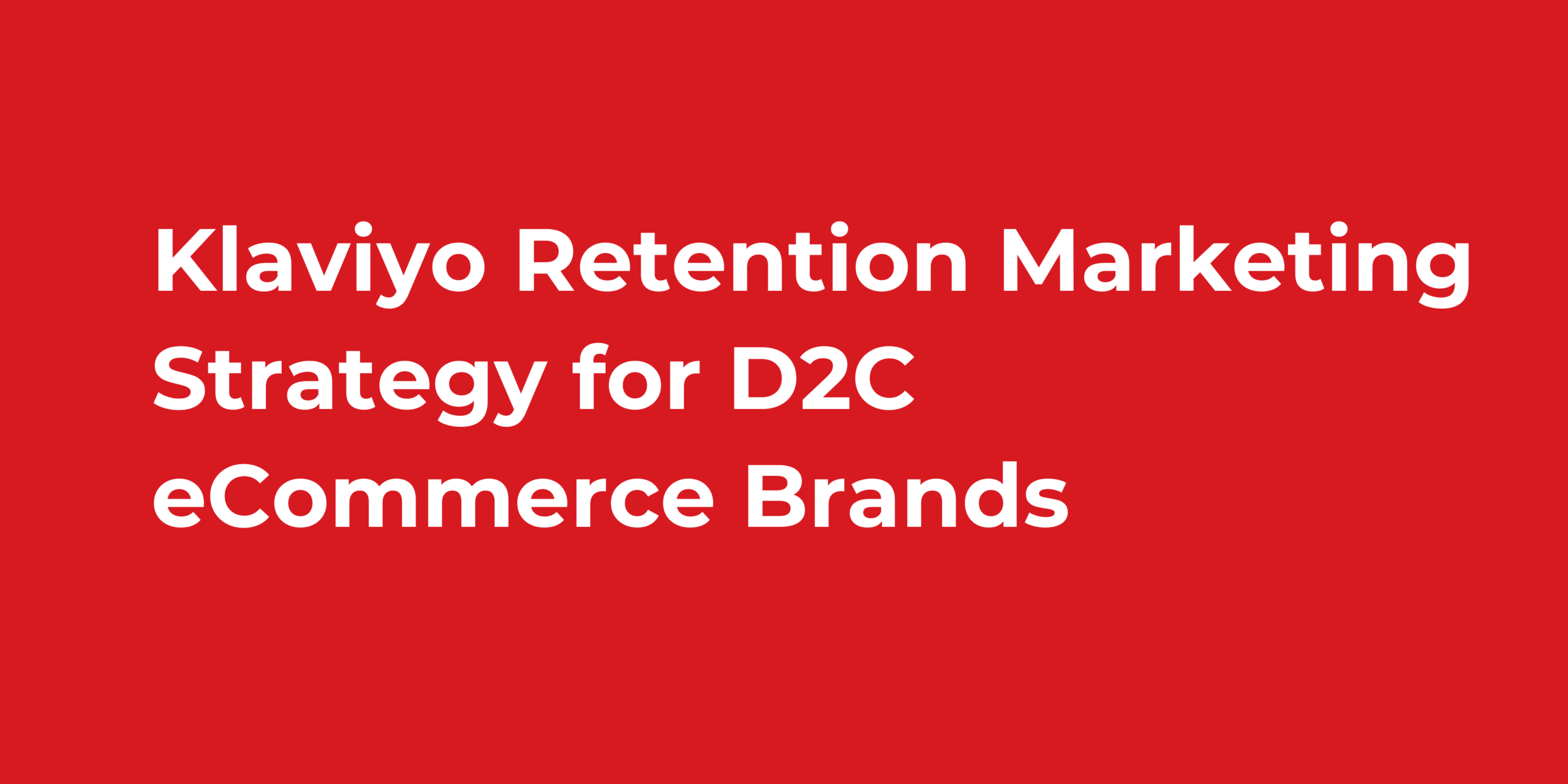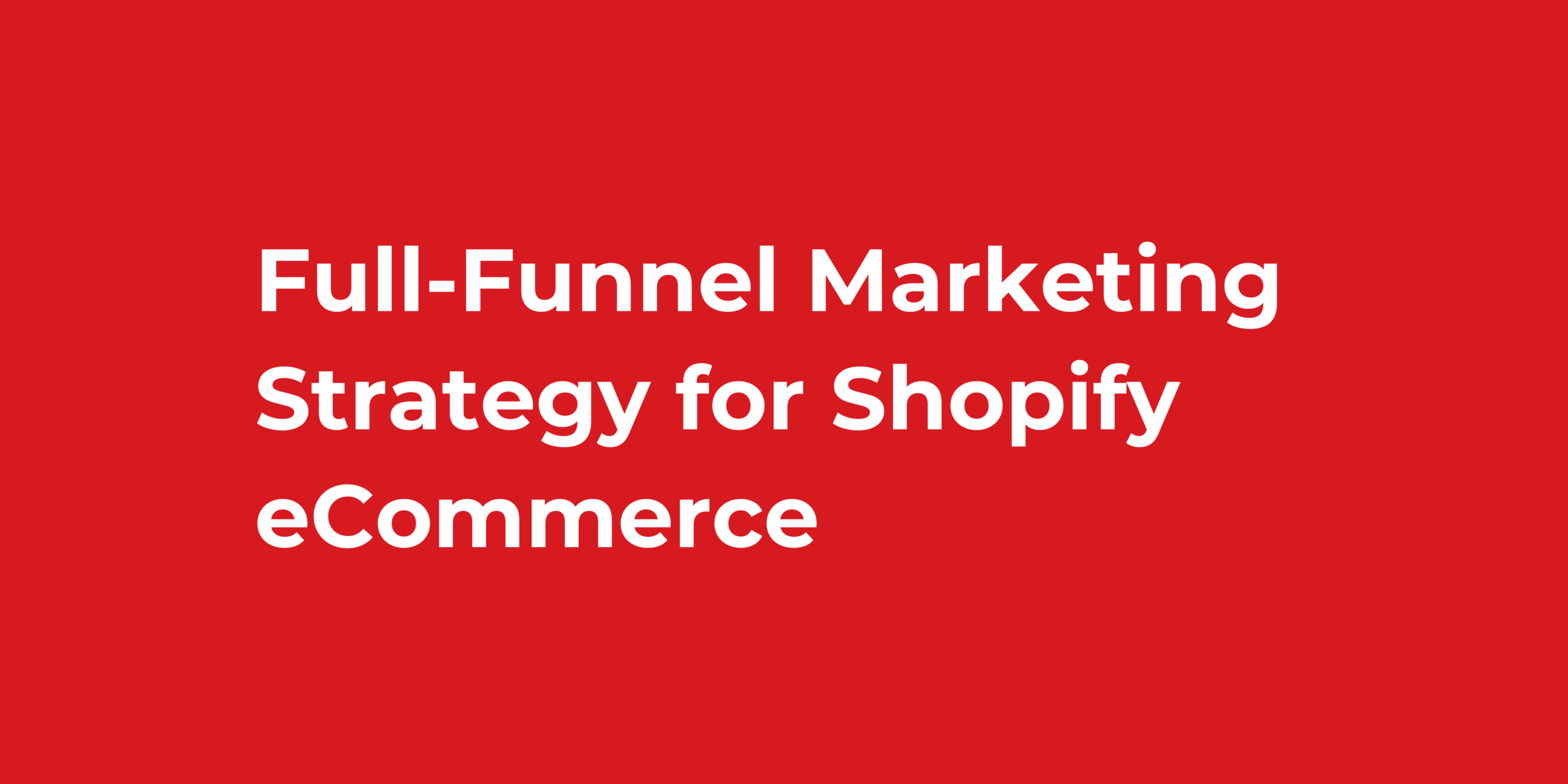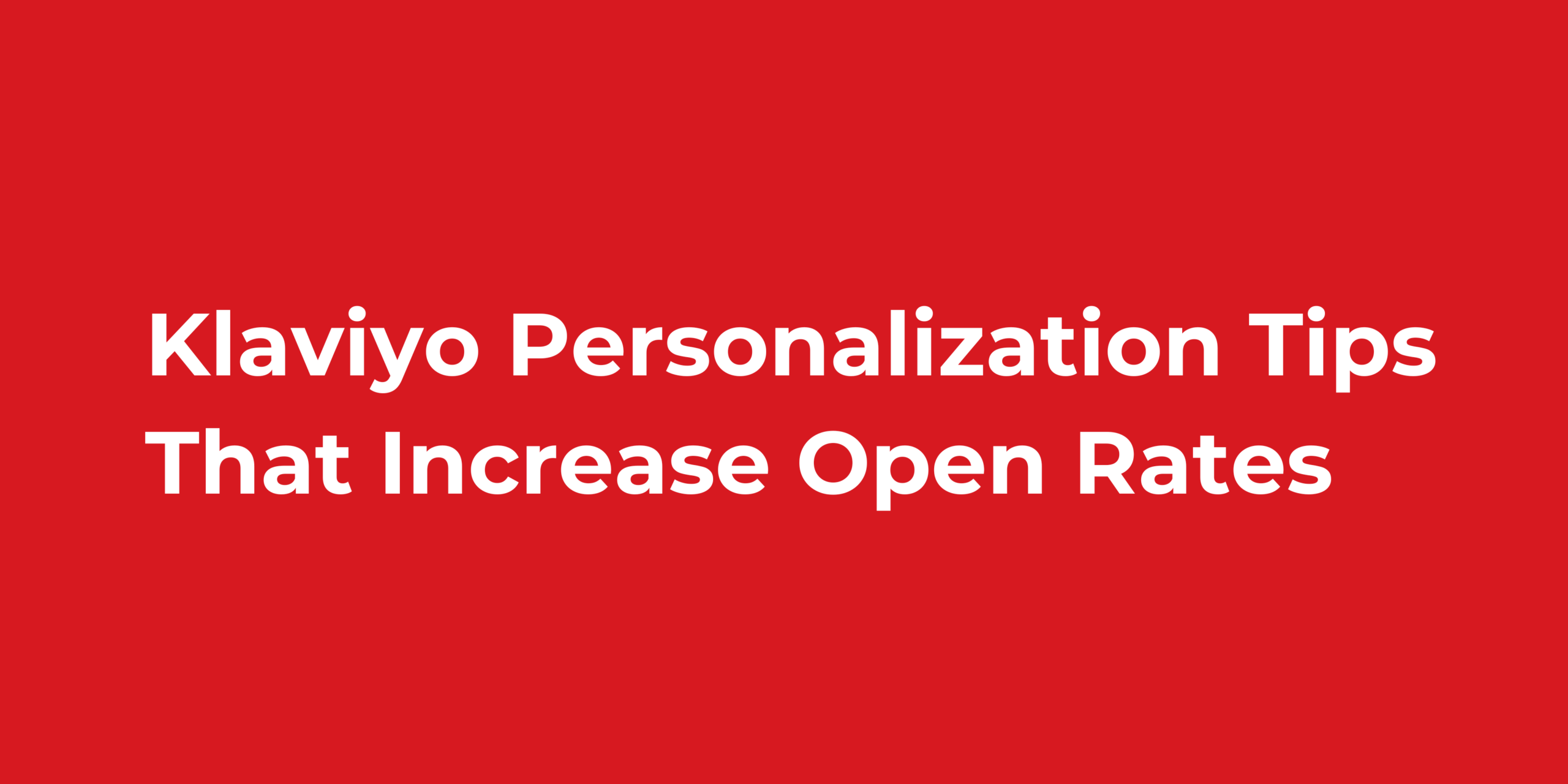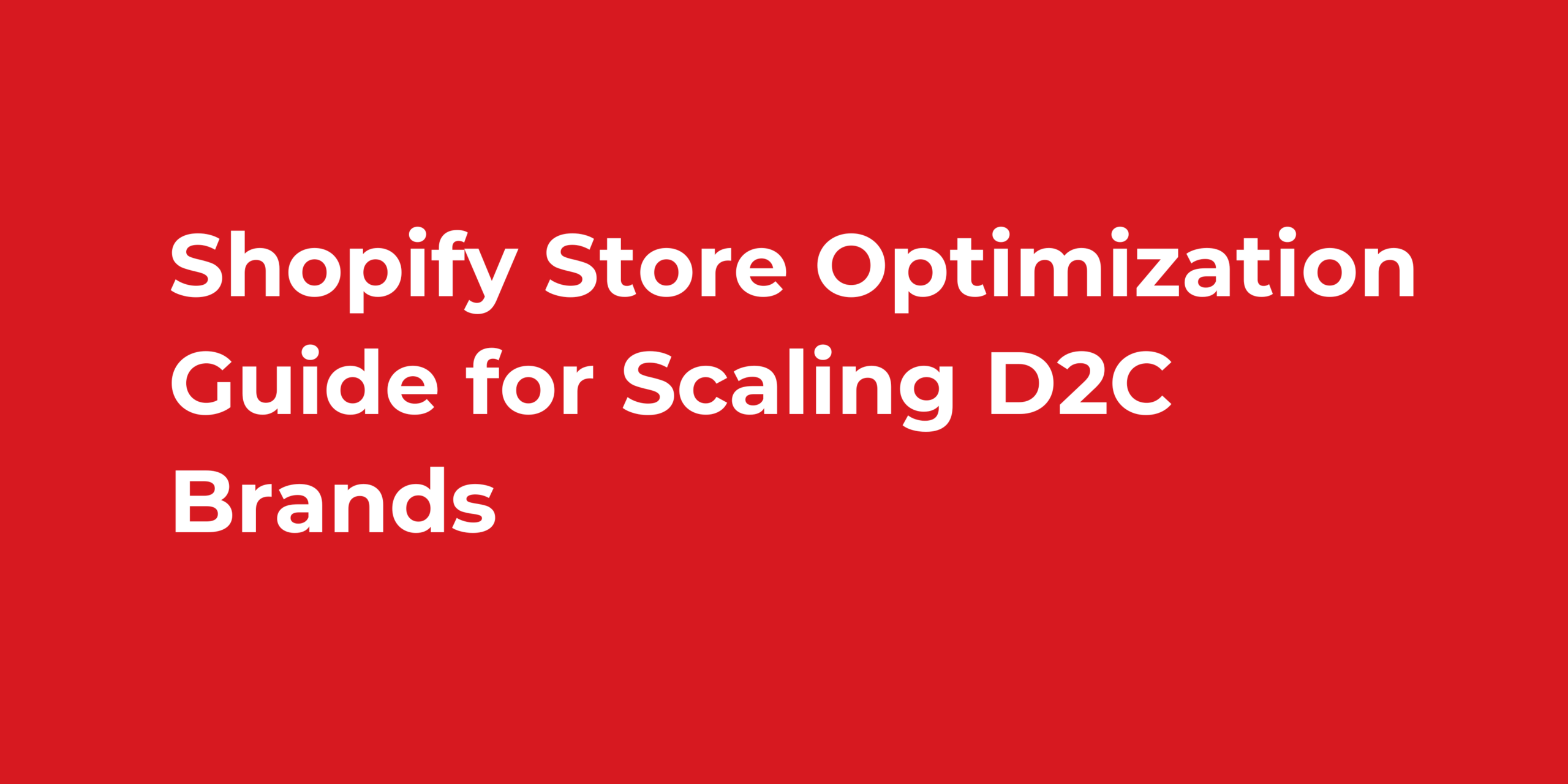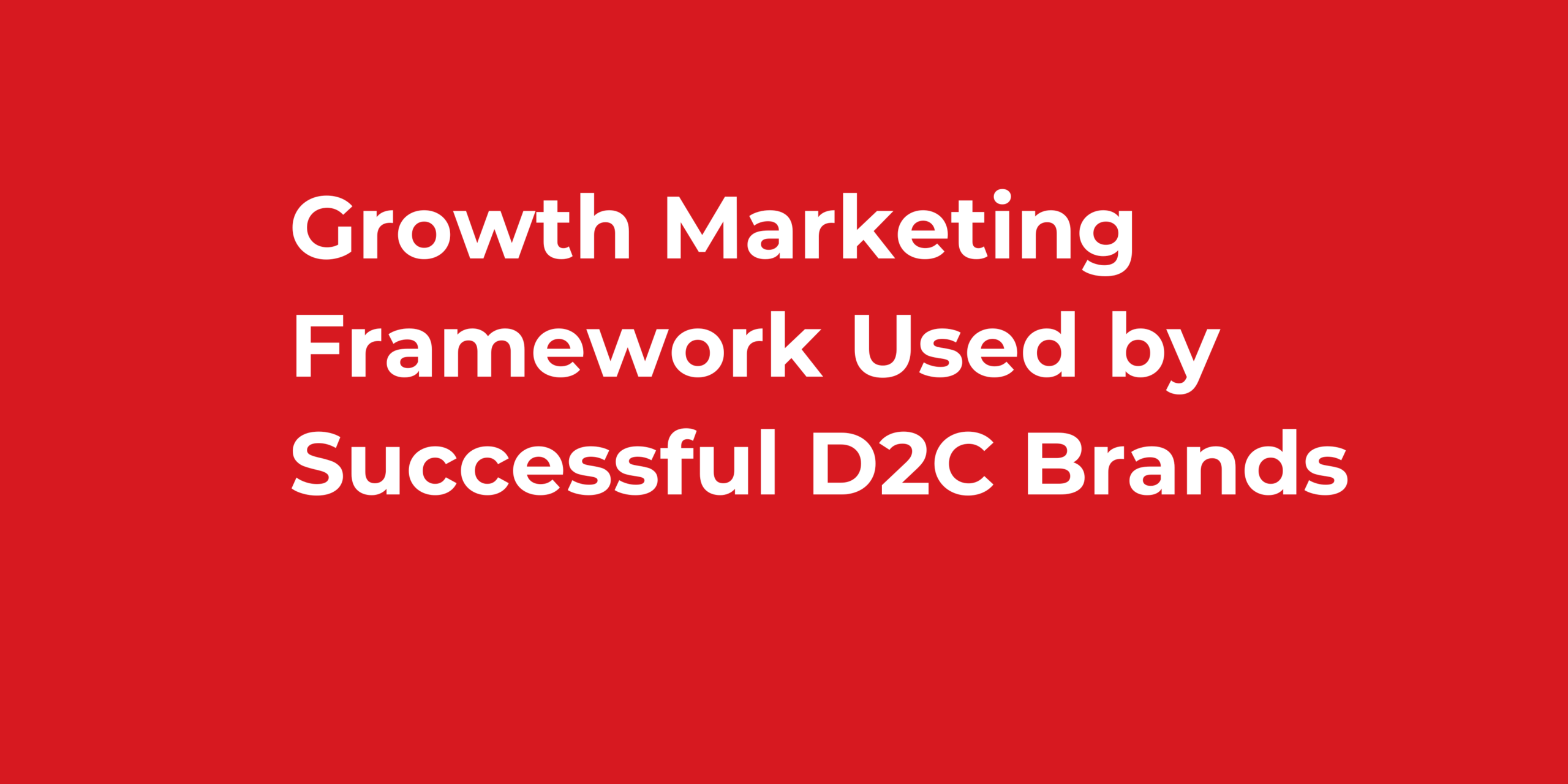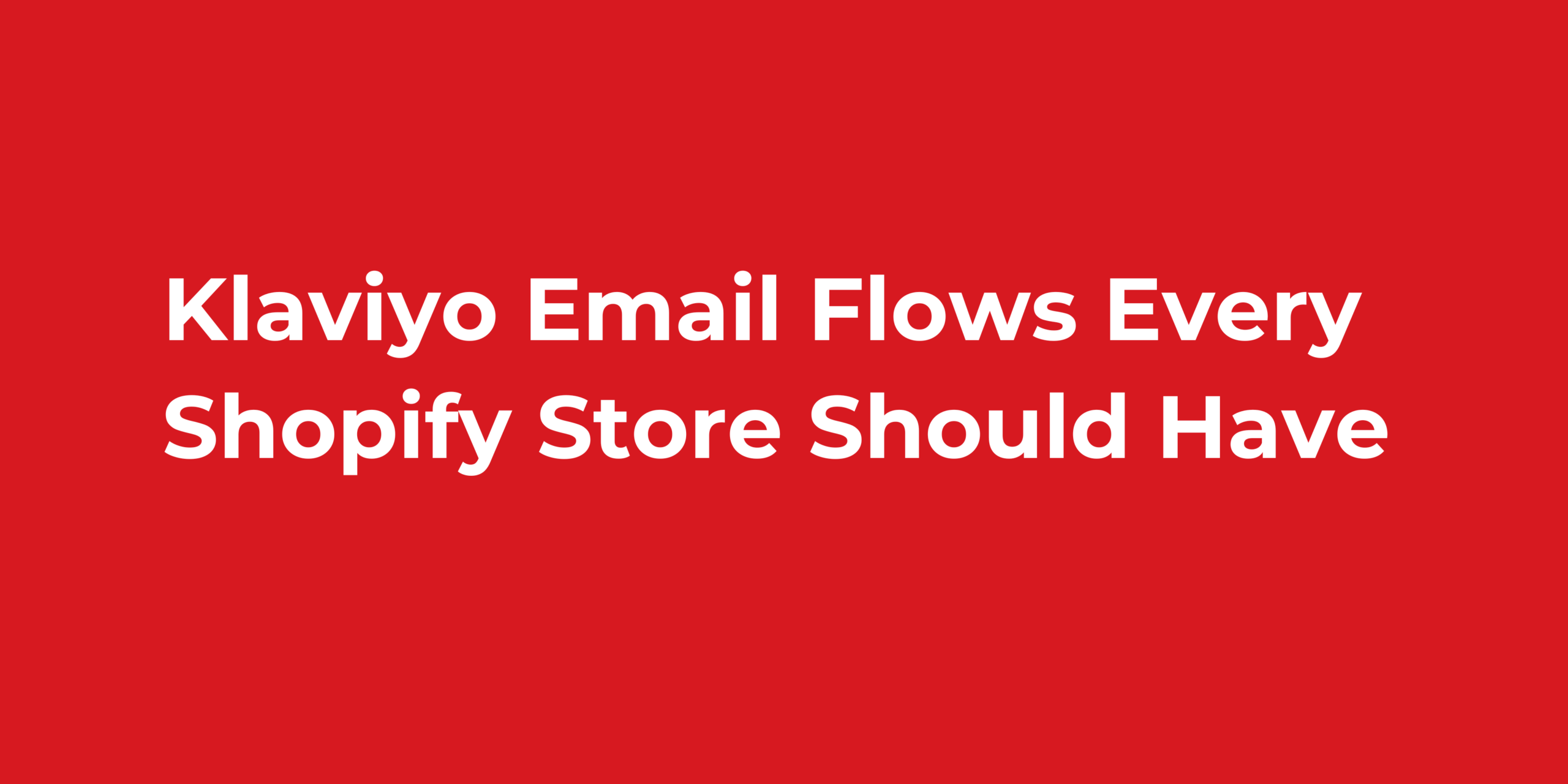Traditional marketing is obsolete. Yes, it is.
If you are still working on “Guess Marketing,” you are living in your late 18s. Today’s marketing is more technical and strategic than it ever was. It’s data-driven marketing.
We are in the datagorical era. It’s not even a term, but how do I define it? It’s an era where your marketing effort is categorized by how strategically you are focusing on your analytics and to what extent you are data literate.
Being empowered as a marketer in 2024 and beyond means how you play with the most relevant data. How you include data to create stories that resonate with your audience and how you make decisions based on intelligence.
Let’s skim in!
Importance of data literacy In Data-Driven Marketing
Imagine a marketer working hard every day. But creating content without actually knowing what his audience wants. One post after another, not yielding the desired outcomes.
But here you are, making smart choices, focusing on your audience’s needs, and adjusting your content based on what you learn from data insights and reports.
This approach helps you create content that really resonates with your audience. As a result, your website becomes more authoritative in Google’s eyes because you’re creating content for your readers, not just for what you’re good at. This is how important data literacy is.
“According to Forrester, companies that leverage data literacy are ahead of their competitors, leading to more innovation and a dominant market position.”
The Foundation of data literacy for marketers
- What is Data literacy?
Data literacy means to be able to analyze, understand and make informed decisions on the basis of data insights.
If you aim to create a significant impact with your content marketing approaches, you need to develop skills such as storytelling, smart decision-making (supported by data), and Data literacy at the forefront.
“In digital, our goal is to improve every day. This involves comparing our current performance to a standard, known as benchmarking, to find and address any weaknesses in our marketing efforts. Whether we’re ahead or behind others doesn’t affect our strategy until we’re consistently outperforming our previous self. This includes understanding our current potential, identifying new opportunities, and planning for improvements in the future.”
- Understanding the source of your data
In marketing, being data literate means knowing the source of your data (like website analytics, social media, CRM), analyzing it (like key metrics and trends), and following data privacy laws (like GDPR and CCPA).
“A study by McKinsey & Company showed that companies focused on data are 23 times more successful at getting customers and 6 times more successful at keeping them.”
- Making a relevance:
Successful content marketing relies on understanding data to create the most relevant and winning customer journeys, and it definitely requires a good grip on data literacy. You can get lots of scattered data almost from every social platform or through Google itself.
But the skill that only great marketers possess is to simplify available data and extract it to collect the most relevant one. It helps them make a working content strategy, adjust their marketing campaigns, and boost their website conversion by analyzing audience engagement metrics.
Content Marketing and Data literacy: A Power Couple
Why is data literacy important when it comes to content marketing? Because it helps you curate content that speaks to the best interest of your audience. How?
Your website has a mouse trap and cheese: high converting pages (mouse trap) and traffic magnets (high ranking pages). Now you have 100 published articles. How do you know which one works best and which one gets the most conversions from visitors into subscribers? By analyzing the data, right!
Once you identify which article works best on your website and from where this traffic came from, you can make a decision to rank your website much higher and get more qualified leads.
- You can create more relevant articles and make internal linking
- You can feature you high converting article on homepage,
- You can put them in heavy social rotation
- You can link those article in your emails
- You can create ads on those articles or can use them in native ads
After identifying the potential of any content piece, you can strategically use it to boost your conversions, attract traffic, or identify where to invest most (in terms of the platform that brings the most converting audience).
Storytelling with Data
Data storytelling is the art of using data to craft meaningful narratives that evoke emotions in your audience. By analyzing your website traffic data, you can gain insights into your customers’ journey, their touchpoints, and what captivates them the most. This understanding allows you to create compelling stories that persuade them based on the data you’ve gathered.
For example, a data-driven email campaign can achieve 20% higher click-through rates (CTR) compared to genetic email talking to a broader audience (that lacks personalized data).
Similarly, sending a personalized message on LinkedIn to a prospect can increase the open rate to 40%, and responding within 30 minutes is more effective than sending a generic, simple message.
Apple Macintosh: The founding stone of storytelling
Remember the famous 1984 Apple Macintosh campaign? And the impact it creates after being rejected by the majority of stakeholders? This very ad is the founding stone of data storytelling.
What was the reason?
It was the first-ever ad that is being advertised in the format of storytelling. That 60-second ad broke all the records and tripled the Apple Macintosh sales after its first appearance in the Super Bowl. People were amazed and excited at the same time.
Why does it create this big of an impact?
This campaign created this impact due to the following reasons:
- Apple studied its competitor (IBM at that time).
- Apple knew its audience and their pain points (limited computer access – people didn’t have access to computers at home).
- Apple leveraged data to analyze the best time for the release of the ad (the third quarter of Super Bowl XVIII).
- And the way the story was depicted created relevance with George Orwell’s novel, Nineteen Eighty-Four, picturing the rule of the fictional character “Big Brother.”
This is how big an impact storytelling, backed by data, can create. Since then, big companies like Samsung, Red Bull, Nike, and Dove have been creating meaningful ads in a story format to resonate with their audience on a deeper (emotional) level.
Decision intelligence
Decision intelligence takes data literacy further into incorporating AI practices and machine learning in the process. With AI you can identify user/customer buying behavior, touchpoints, emotions and other KPIs to make informed decisions and optimize overall marketing strategies.
Picture an AI system examining customer behavior data to forecast the likelihood of customers leaving and suggest focused strategies for keeping them. This represents the strength of decision intelligence.
For example:
1- Take an AI system in consideration that examines your customer behavior. And then on the basis of available data suggest churn risks and how you can retain those customers by incorporating targeted retention campaigns. That’s how decision intelligence works nowadays.
2- Now consider a SaaS platform that could use decision intelligence to identify users at risk of canceling their subscriptions based on their app behavior. These users might get special offers or assistance, leading to more customers staying with the service.
Conclusion
Data-driven marketing has become a necessity. Why? As new marketing types and terms emerge daily, tracking consumer behavior is essential—and that can only be achieved with data. The introduction of echo marketing underscores how things are expected to change in the coming years.
Consequently, a strong grasp of data storytelling and decision intelligence is the way forward to survive in this ever-evolving competitive marketing landscape. While we anticipate more marketing breakthroughs, the significance of data will remain constant.
Subscribe to our weekly newsletter to get crispy CRO tips and marketing strategies that win millions of qualified leads with minimal marketing spend.


